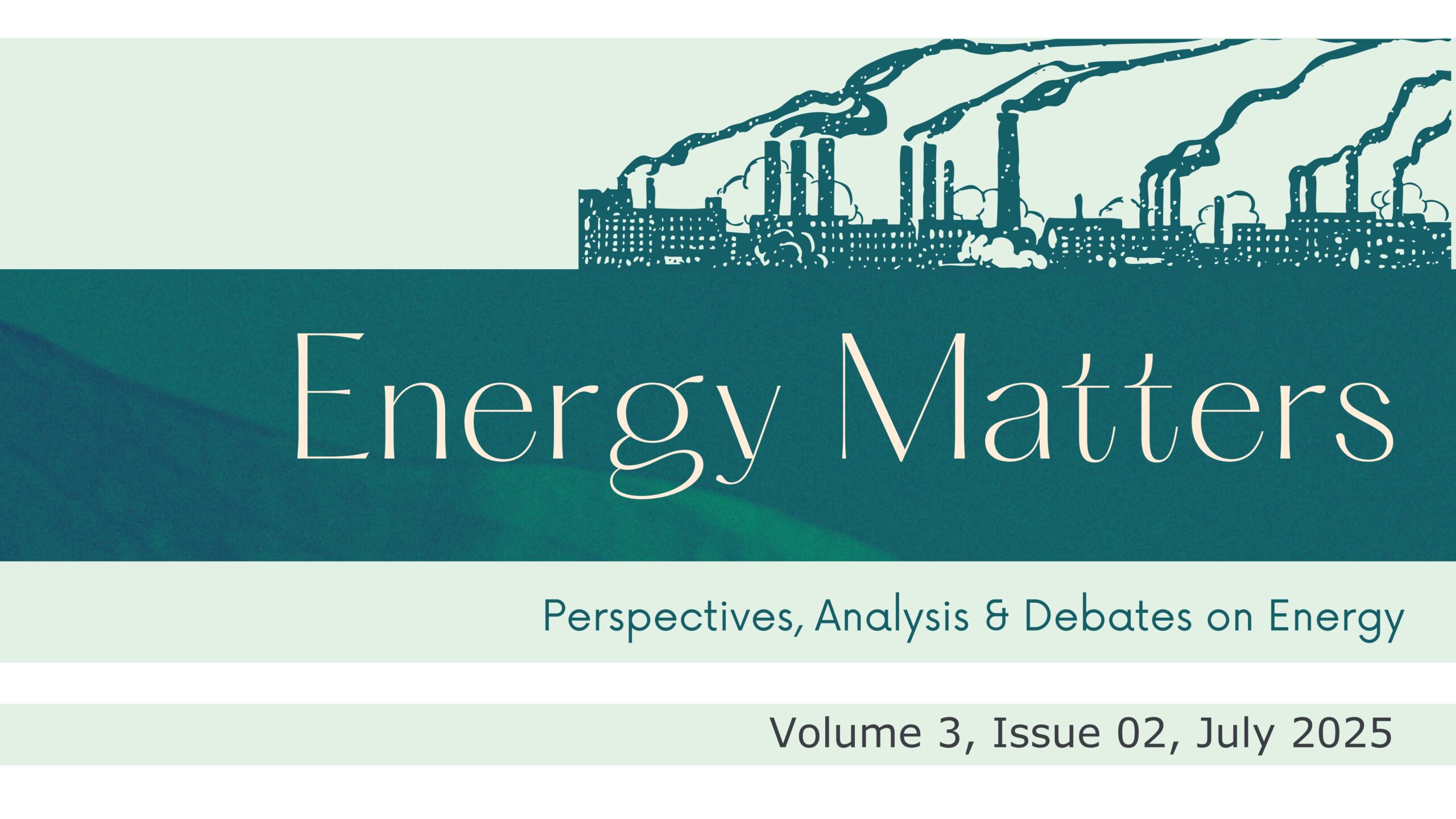Plastic is no longer a matter of convenience — it’s an imposition. It has invaded every aspect of our lives and is causing irreparable harm to our climate, biodiversity, human health, and basic rights. From the moment fossil fuels are extracted to the final dumping of plastic waste, its impact is felt by frontline communities and future generations alike. Without deep, urgent cuts in plastic production, the crisis will only intensify.
Between August 5-14, negotiators gather in Geneva for what may be the final round of talks for a Global Plastics Treaty (INC-5.2). After three years of negotiations, people across the world expect a treaty that’s ambitious, legally binding, and designed to end plastic pollution across its full lifecycle — from production to disposal. Some key demands for a just treaty from various Civil Society Organisations include:
- Controlling plastic production through clear, legally binding targets — including an eventual phase-out — aligned with climate and biodiversity goals.
- Eliminating toxic chemicals in plastics that harm human health and ecosystems, and prevent the use of unsafe substitutes.
- Ensuring transparency, with full traceability of chemicals and materials across the plastic lifecycle, so we can measure risks and progress.
- Guaranteeing fair funding, with developed countries providing accessible and adequate financial support for implementation, a just transition, and clean-up — with polluters paying their share.
- Supporting a just transition for workers and communities across the plastics chain, including waste pickers, Indigenous Peoples, and those on the frontlines.
- Ending waste colonialism by restricting the global waste trade and rejecting polluting technologies like incineration and chemical recycling.
- Prioritising reuse and refill systems to move beyond failed recycling models.
- Allowing decisions by majority vote when consensus cannot be reached, so ambition isn’t blocked by a few.
- Protecting human rights, including the right to a healthy environment, information, participation, and justice.
Plastic pollution is not inevitable. It’s a result of policy choices — and it’s time to make better ones. The world is watching. The outcome of these talks must deliver a treaty that puts people and the planet over plastic and profit.
— Energy Team at CFA
Read the full issue here: Energy Matters | July 2025
Centre for Financial Accountability is now on Telegram and WhatsApp. Click here to join our Telegram channel and click here to join our WhatsApp channel and stay tuned to the latest updates and insights on the economy and finance.

